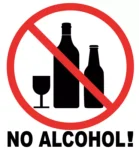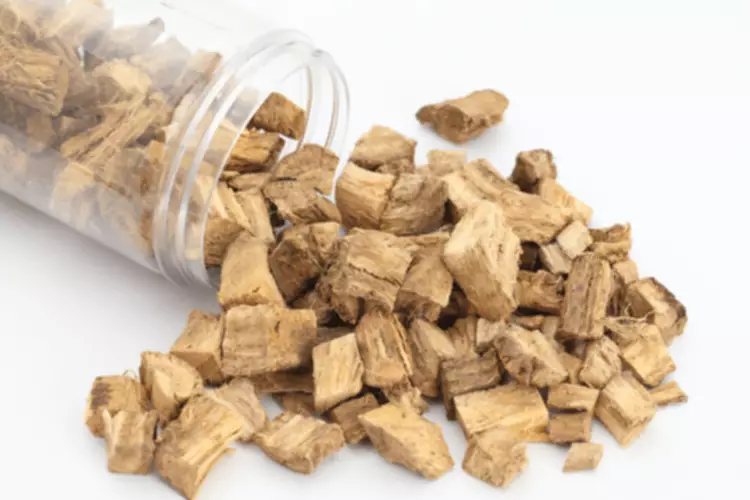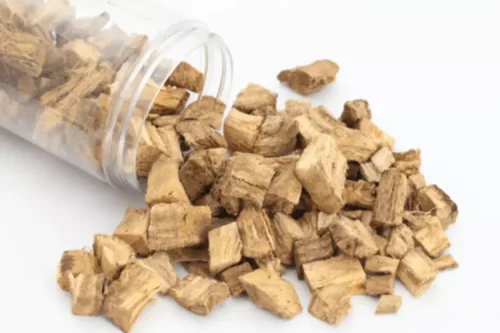How to Detach from Someone with Substance Use Disorder

I wanted my granddad to not drink come 4pm so he would stay the lovely man that he was. I didn’t want to see him shout and cry and fall over. I didn’t want to be scared like that and watch my grandmother cry while helping him up and cleaning away the blood. He was a good man, but he had seen the worst of World War II and I don’t think he ever recovered from that. Telling them that one drink „doesn’t count,“ for instance, will only enable their behavior. Instead, do your best as their friend or loved one to show that you support them and their recovery.
Finding the Right Mental Health Professionals
Having problems with substance use is a chronic illness. It not only affects the person who is suffering, but everyone close to them. Family and friends often place the needs of their loved one above their own. That can result in a lack of self-care, increased illness and sometimes struggles with depression and anxiety.
signs of a codependent person
- I know he hasn’t used in a few weeks but its just a waiting game.
- I also learned that I cannot love another person into loving themselves.
- Relationships are often one of the first components of an addict’s life that are destroyed.
- People will stay in a relationship with an addict feeling like if they love them enough, they can somehow fix them or cure them, and this isn’t the case.
If you’re under him you’re not getting over him…… and he’s barely showing up. Something I’ve heard from a couple people who are recovered addicts is that if an addict “really loves you,” they will go to treatment if you just stay consistent with them and don’t give up. I’ve probably latched onto this advice more than I should have as a reason to stay with the addict I’ve been with for about a year now, but I’m curious what other folks think. Do you think someone can truly love you, know that continuing their habit means losing you, and still not be ready to go to rehab?
Set Healthy Boundaries
- Setting boundaries protects your personal health and well-being, is more likely to help your addicted loved one, and can help ensure that you’ll be satisfied with the relationship as well.
- For example, your loved one may be experiencing decreased physical health and worsening mental health symptoms, employment issues, strained relationships, and financial troubles.
- He is surprised how violent and noisy people are in the crack houses.
- This, in turn, can delay their realization of the need for change and prevent them from seeking the professional help they need.
- Witnessing your loved one using substances can be very upsetting and stressful.
- Some of these methods may seem harsh, but they come from a loving approach with the ultimate goal to help the person overcome their addiction and to help all parties heal.
We speak and we care, but there is an emotional depth we can never reach. A depth I craved then and I depth I will crave if I let myself forget who I am loving. Your perspective on another person’s addiction is not the reality of their experience. Someone opening up to you about addiction is likely a sign that they trust you. Respect how difficult it might be for them to talk about their feelings and behaviors.
- We publish material that is researched, cited, edited and reviewed by licensed medical professionals.
- Addiction is a complex disease, and there’s no amount of threatening or begging that’s going to eliminate the problem.
- In these moments, it can be helpful to remember that relapse does not mean failure for your loved one or for you.
- They may be able to thrive together after treatment, but it would be very difficult.
- Out of sympathy, we might even be drawn to help and “rescue” our partner and/or try to change him or her back into the ideal we “fell” for.
- “We’re propelled by the fact that we don’t feel safe and we don’t feel like we’re enough and that doesn’t matter if you’re a man or a woman or anywhere on the gender spectrum,” she said.
- I felt guilt like maybe I was too hard on him, maybe I should have listened more, etc even though he put himself here.
- Addiction is a chronic disease that often needs medical attention and behavioral therapy before it improves.
- We did not question my grandmother’s chain-smoking habit.
I have learned to take care of myself and dare I say it, like myself. But I couldn’t have done it if it wasn’t for my family. I will not continue the family heirloom of addiction and self-abandonment. loving an addict If there was something I could do to change that, I would. And that is the reason why I can love the addicts in my life. They just didn’t know how to look after themselves, to value themselves, to love themselves.

If you’re recovering from substance use disorder (SUD) or you love someone who is, you know just how challenging it can be to heal the harm that may have occurred. This can be especially true when it comes to repairing relationships. This is why it’s crucial to prioritize your own well-being and self-care throughout this process. Caring for yourself is not only important for your health, but it also enables you to be a more effective support system for your loved one during their addiction recovery. Recovery from addiction is a complex and ongoing journey that often involves a series of ups and downs. It’s important to understand that the path to sobriety is rarely a straight line; it can be marked by challenges, setbacks, and moments of doubt.

Even if you disagree with what they are doing or saying, it’s important to withhold judgment. By taking this approach, you start to build bridges to forgiveness and aid in their recovery. Addiction is so stigmatized in our society that people with this type of disorder often expect others to criticize, insult, belittle, and reject them—which can be a barrier to their recovery. Instead, show the person you care by speaking to them with kindness and understanding. Setting boundaries can be an expression of self-esteem and a way to ensure that you’re being emotionally taken care of in your relationships.

So how can you help someone who’s recovering from substance abuse disorder? Here are seven tips to keep in mind as you support someone in their recovery journey. Even with the best of intentions, supporting someone with substance use disorder can easily blur into enabling.

The Importance of Self-Care in Maintaining Healthy Boundaries
In the early stages, withdrawal symptoms and drug cravings can be intense as the body adjusts to functioning without substances. This period requires close medical supervision and emotional support. Further along, addicted individuals must learn to create a new daily structure, cope with stressors, and avoid triggers that could lead to relapse.
